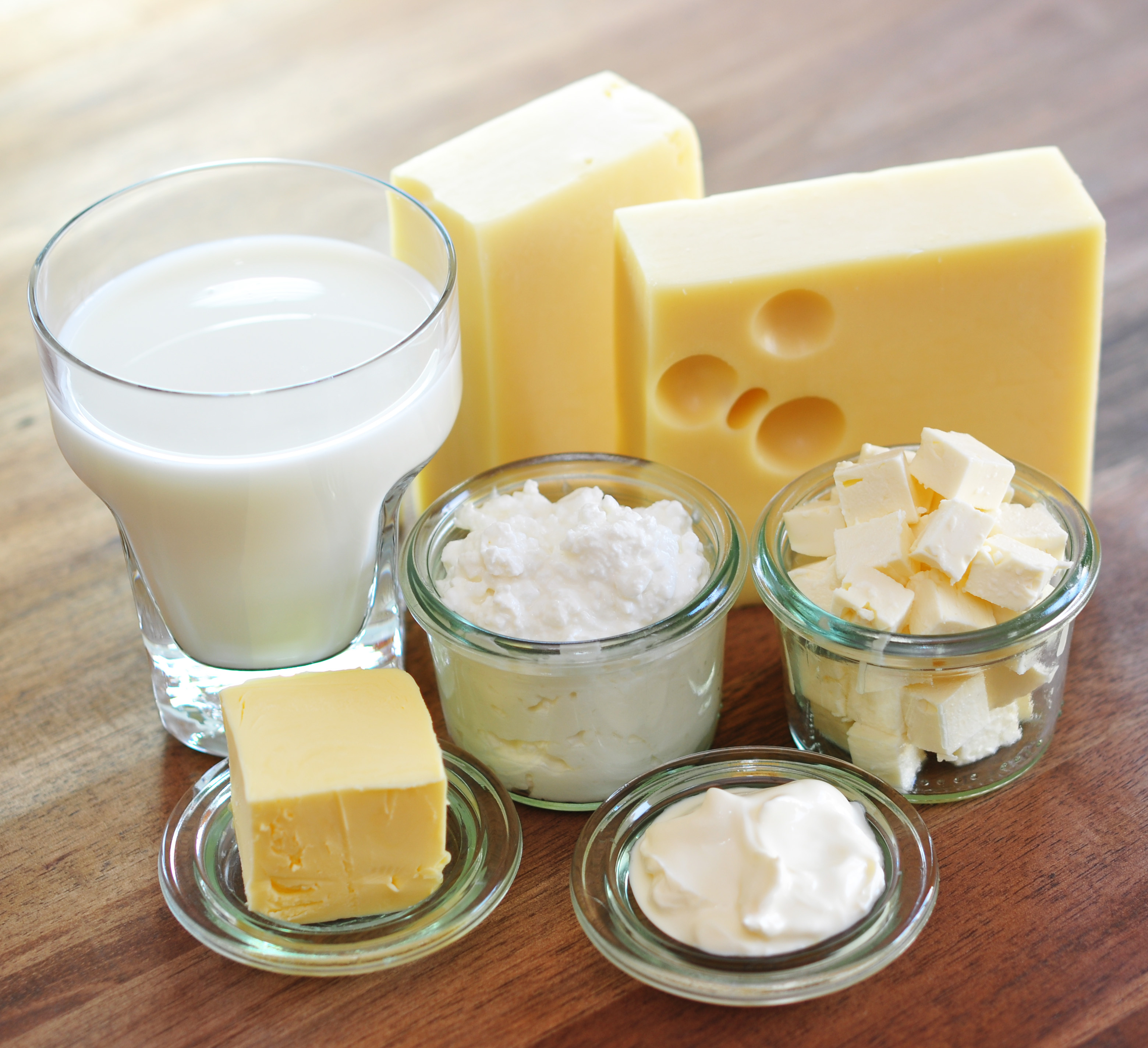When eating or drinking dairy choose low-
Having milk and dairy is very important no matter what age you are, but it is the most important when you are younger because your bones are able to absorb more calcium and will start to decrease over time. However, your body will still always be able to absorb calcium so it is also important to continue consuming milk and dairy products throughout your life.
Calcium Absorption (by age in years)
Most Absorption: < 21, Moderate Absorption: < 50, Less Absorption: 50 +
What if you don’t like milk or dairy or you cannot have it?
There are other ways to get your calcium in your diet and the best source for that are vegetables such spinach leaf, broccoli, kale, cabbage, celery, collard greens and sweet potatoes. Keep in mind that these foods have a lower daily value so you may need a vitamin supplement to meet the recommended daily value for calcium. Most milk/dairy products per serving have about 20 to 30 percent daily value on average whereas vegetables have between 4 to 10 percent daily value on average for the same serving size amount.
Example:
Low Fat Milk: 1 cup (serving size) = 30 percent daily intake based on a 2,000 calorie diet plan
Spinach Leaf: 3 cups (serving size) = 10 percent daily intake based on a 2,000 calorie diet plan
Other Options and Amounts
The amounts listed below count as 1 cup of milk.
Yogurt:
1 cup of any yogurt (equal to milk)
Cheese:
2 ounces processed (American) cheese
1/2 cup ricotta cheese
1/3 cup shredded cheese
2 cups cottage cheese
1 1/2 ounces cheddar, mozzarella, Swiss, parmesan
Milk Based Desserts:
1 1/2 cups ice cream
1 cup pudding made with milk, frozen yogurt
